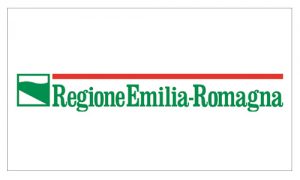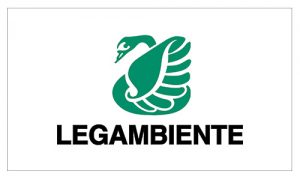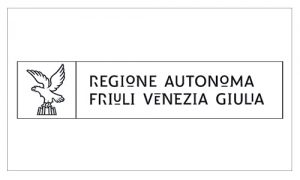The UNO’s Ecosystem Assessment clearly individuates three different categories of these ecosystem services:
All promote the health and effective functioning of the ecosystems, with the related impacts on human health and well-being. They include the fundamental benefits to tackle the crises currently affecting us:
- absorption of climate-altering gas emissions (above all CO2) – at least a quarter of all emissions produced by humans are today absorbed by the forests and other terrestrial ecosystems, and another quarter by the oceans;
- recycling of waste substances;
- preservation of the biodiversity – creating habitats for “pollinating” species (e.g. bees) and all the other “wildlife” species leads to preserving the biodiversity and the evolution of species for a healthy ecosystem
- protection, especially for the balance between the natural vegetation and wildlife population which co-exist with viruses and bacteria;
- regulation of temperatures, humidity and micro-climates in both natural (such as the large rain forests) and urban environments;
- air and water purification, through chemical and physical absorption of polluting substances;
- protection of hydrogeological instability, where the tree canopy intercepts rainfall, tree trunks block rock-falls and landslides on mountain slopes, and roots stabilise the ground and hinder shallow landslides.
sono le risorse materiali di cui beneficiamo grazie agli ecosistemi – ossigeno, acqua, prodotti vegetali e animali, legno e biomateriali.
gli ecosistemi naturali forniscono opportunità di riflessione, arricchimento spirituale, sviluppo cognitivo, esperienze ricreative ed estetiche. Una delle implicazioni di questo gruppo di servizio sono tutte le attività di supporto al turismo e alla ricreazione.
Due to the imbalance which has been created over the last fifty years – a geological epoch now known as the Anthropocene Epoch -, the role of regulations aimed at restoring the biodiversity and containing climate change have become extremely important. The compromising of or lack in restoring the processes that make our ecosystems work has extremely high costs for society. The Economics of Ecosystems and Biodiversity (TEEB) report, drawn up by the European Commission together with the German government and other partners, has estimated an annual loss in global GDP, due to the lack of ecosystem services, of $50 billion per year, with a potential drop of 7% in GDP by 2050, only in biodiversity losses.
The LIFE CO2PEF&PES Project is aimed at supporting the creation of Italian forest ecosystem services through two specific activities:
- sustainable and “climate smart” forestry management, which will keep the rate of carbon absorption high by selecting the most suitable trees to quickly absorb CO2 and produce renewable resources such as wood, where there is a long-term carbon “sequestration”;
- risk prevention in the spread of fires and storm damage, increasingly probable in a climate crisis scenario, that would result in the constant loss of “sequestered” CO2 and other ecosystem services.
Unfortunately, nowadays, sustainable forestry management is an increasingly less widespread and supported activity. The silviculture interventions that could improve the ecosystem services and the resilience of the forests facing climatic dangers, such as forest thinning, find it difficult to economically support themselves, through only returns on the value of wood. And neither would it be correct to only have this purpose, risking economic reasons prevailing over those for the common good.
L’industria di prima lavorazione del legno in Italia si è notevolmente ridotta dagli anni ’80.
The primary wood processing industry in Italy has markedly decreased since the eighties. Instead, secondary processing is one of the manufacturing excellences of the country, however, about 80% of the wood is today imported from abroad. Of this, a part could be of illegal and non-sustainable origins, risking in generating negative impacts on forests far from our sight, but yet of no less importance.
In order to develop a series of activities to sustain the ecosystem services provided by the Italian forests and, at the same time, support the development
of a new and sustainable wood industry, the project will set up a system of ecosystem credits, similar to those in the international agreements on CO2 emissions, but addressed to a voluntary market. As well, the ecosystem credits will support the European policy to create credits in Land Use, Land Use Change and Forestry, contributing to creating an economic and financial circle to support national and European forests and their climate smart management, as requested in the recent EU Green Deal.









